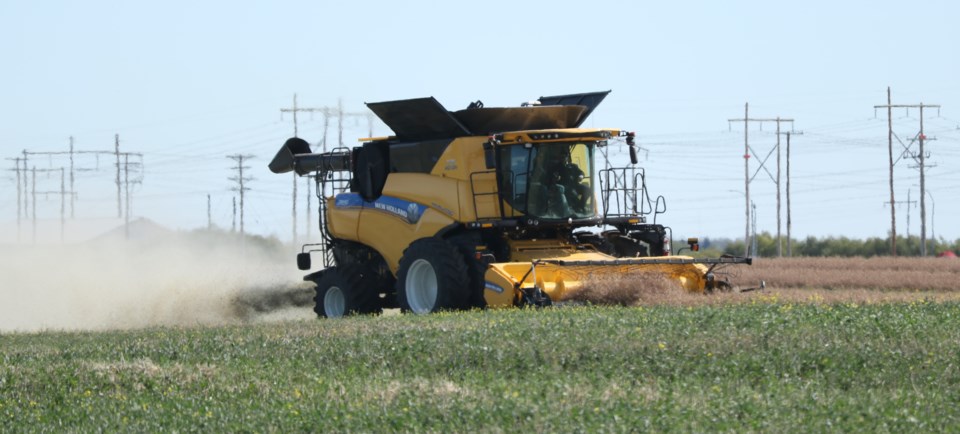YORKTON - So this March marks the 12th year of Canadian Agriculture Literacy Month (CALM), a program which “inspires students to realize, understand and engage with their own connections to agriculture and food,” notes a recent release from Agriculture in the Classroom Saskatchewan.
“For more than a decade, Canadian Agriculture Literacy Month has given us an opportunity to celebrate our connections - as Canadians - to agriculture,” said Rebecca Sooksom, chair of Agriculture in the Classroom Canada in the release. “Linking students with food producers helps keep that connection strong so the next generation of Canadians knows not only where their food comes from, but also the importance of the sector to our communities from coast to coast.”
So, students who will graduate high school in June have had Agriculture Literacy Month focusing attention on the farm sector and food for their entire school lives.
One might expect the students graduating this year will be rather food and farm savvy, at least if the program has fulfilled its goal which is to inspire students to realize, understand and engage with their own connections to agriculture and food.
Whether that is a reality where students are more knowledgeable about their food, and equally about the efforts producers make in producing it, is of course something which will be hard to quantify.
But, it is an effort which is important because we need a better educated public which understands farm challenges and understands producers are generally trying to be good environmental stewards, while feeding the world, and earning a profit to be financially viable.
The trio of goals are not always something which work smoothly in sync, but farmers do typically try to maintain balance.
In a world of social media rhetoric and Internet generated misinformation and background white noise of food and farming, educating youth so they can recognize the underlying realities is crucial.
"Connecting our youth to agriculture is an important piece of strengthening Saskatchewan's agriculture sector," Agriculture Minister David Marit said in a recent provincial release proclaiming Agriculture Literacy Month in Saskatchewan. "Presentations from industry experts can help educate children on the work that goes into producing the high-quality food that our province is known for."
So the 12-year effort is certainly worthwhile, but whether it has significantly influenced students to be more farm and food knowledgeable will only be fully seen as they become adults and how they then react to the issues facing farmers and food production.
Certainly, as the population of farmers declines and informed general public is a must, and hopefully Canadian Agriculture Literacy Month is building that broader knowledge base.

